New Age Nanas from Austrailia
This is a guest post written by Susan Moore and Doreen Rosenthal from Austrailia. They wrote a great book called “New Age Nanas:Being a Grandmother in the 21st Century” that describes what it is like to be a nana in Australia. I know you will enjoy reading about it! I sure did!
First meet two super nanas…Susan and Doreen…
Susan and Doreen speak….
We wanted, in our book, to tell the story of what it’s like to be a grandmother in Australia today. We were interested in women’s experiences, expectations, the good things, the bad things, the stresses and conflicts. New Age Nanas: Being a Grandmother in the 21st Century encapsulates our research (surveys and interviews), presenting grandmother’s stories largely in their own words. At the end of each chapter, we sum up with some ‘nana knowhow’ – advice from us and other grandmothers about the best ways to deal with issues arising from this role.
What emerged from our research were the topics grandmothers felt passionate about. These ranged from how women feel about the arrival of a grandchild, how they learn the role, the impact of grandchildren on their health, sense of self, relationships with children and children’s partners, and changes that occur as grandchildren and grandmothers age. We also have chapters on some of the more contentious issues such as managing discipline, step-grandmothering, relationships with daughters- and sons-in-law, avoiding favouritism and negotiating conflict and mismatched expectations. In the final chapters, grandmothers reflected on their past experiences and gave suggestions as to what they would change if they had their grandmothering time over again – ‘nothing!’ in most cases.
About Susan and Doreen…
We’d both recently retired from our academic jobs as research social scientists, and had completed many projects together over the years. Over coffee one day, we set to wondering whether the fun we’d had working on those projects was a thing of the past. But no ideas for new projects were forthcoming, so the grandchildren photos came out as we moved on to a new topic of chatter, a much livelier one. Doreen’s three children have provided her with seven grandchildren, ranging in age from 5 to 22 years. Susan has three step grandchildren with whom she is closely involved, aged from 6 to 11. Both of us have found new and rather unexpected joys in the grandmothering role; that rush of love when you first meet the new baby is a potent antidote to feeling ‘past it’! Well, that was our experience, and we wondered what it was like for other women. This was looking like the project that we could really get our teeth into.
We realised that although grandmothering is a role most women experience, there was little written about it. Given the many changes in family circumstances, for example both parents working, more separated and blended families and changing expectations of women, it seemed about time that somebody documented what grandmothering is like today for modern women.
The Strongest Message…
The strongest message was the powerful and positive life change so many women experienced as grandmothers. A key aspect of this was the strong bond they felt with their grandchildren. Women talked about the overwhelming love they had for their grandchildren, about being ‘bowled over’ by the intensity of their feelings, and of the ‘magical love’ between grandparent and grandchild. Several said they had not expected this to happen, but the love hit them like a ton of bricks. One summed it up this way:
“I thought I don’t know if I want to be a grandmother; it’s going to tie me down. And it surprised me in lots of ways. I thought I might have to fake it, but my strong attachment to my grandchildren is just extraordinary. I absolutely love them to death. It’s been a great addition to my life.”
Paradoxically, many women spoke about how being a grandmother made them feel younger, despite stereotypes of aging often associated with the role. They got in touch with their ‘inner child’, they worked at getting fit to keep up with the kids, and many felt life had taken on a new life-enhancing perspective.
One said: “Grandmothering gives me the opportunity to appreciate the wonder of toddlers, to see life through a child’s eyes and the appreciation of small things.”
As long-time social researchers, we were astonished by the enthusiasm women showed for being part of the project, confirming our impression that grandmothers had been largely ignored by research. We had over 1000 responses to our online survey in a matter of weeks, with far more volunteering to be interviewed than we could have possibly managed. We received more than 100 unsolicited emails thanking us for researching this topic, and expressing the view that it was time this important role was given greater acknowledgement. Clearly, grandmothers want to be heard.
Differences in Grandmothering in the U.S. and Australia…
Our cultures probably have more similarities than differences, despite the different ethnic mixes of our respective countries. For example, we do not have the large numbers of people of African or Hispanic descent that live in the USA. There are different cultural traditions passed down through generations, associated with the grandparenting role, and Australia is likely to have a different mix of these traditions than the US.
Another difference is family mobility. In the US, it seems that it is relatively uncommon for three generational families to live geographically close. This makes frequent face-to-face contact between the generations something that has to be planned, and more difficult to sustain. In Australia, young families have traditionally lived close to grandparents (certainly in the same city), which enables easier access and also probably increases expectations about assistance and support from grandparents. In fact, in Australia, about one-third of pre-schoolers are cared for by a grandparent during the day; similar figures apply to 5- to 12-year-olds for after school care. (We are not aware of US figures).
Would you like to read more from Susan’s and Dorren’s book?
5240 BSP New Age Nanas cover separate LORES
You can purchase it on Amazon.com at http://www.amazon.com/New-Age-Nanas-Grandmother-Century/dp/1477493824/ref=sr_1_2?ie=UTF8&qid=1389294755&sr=8-2&keywords=new+age+nanas
Readers can like us on facebook at www.facebook.com/NewAgeNanas
And they have a research website at www.grandresearch.com.
Below are the chapter headings of their book:
Chapters
- ‘A magical love’: the arrival of a grandchild
- ‘One day a baby pops out and you’re a grandmother’: learning the role
- ‘That’s what nanas do’: the role of grandmothers
- ‘Living in the moment’: the inner child
- ‘I’ve got a new perspective’: a sense of purpose
- ‘My knees slow me down’: health and ageing
- ‘You can hand them back’: grandmothering versus mothering
- ‘Do I have to rethink the whole thing?’: how grandmothering changes over time
- ‘I’m not the parent’: grandmothers and discipline
- ‘Special for different reasons’: feeling differently towards grandchildren?
- ‘Three grandchildren – plus one’: on being a step-grandmother
- ‘Getting closer’: when children become parents
- ‘Walking a tightrope’: relationships with children’s partners
- ‘He gets a lot out of it’: what about grandpa?
- ‘If I could change anything’: reflecting on the past
- ‘Be there for them’: advice to new grandmothers
- Last words
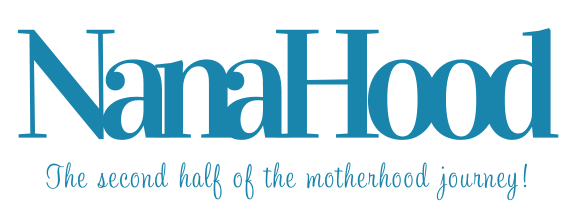
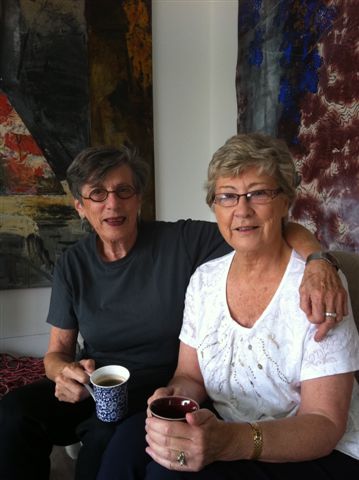
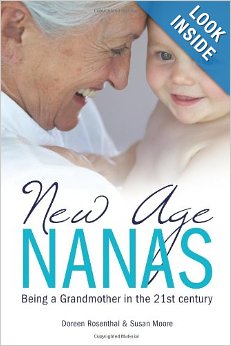
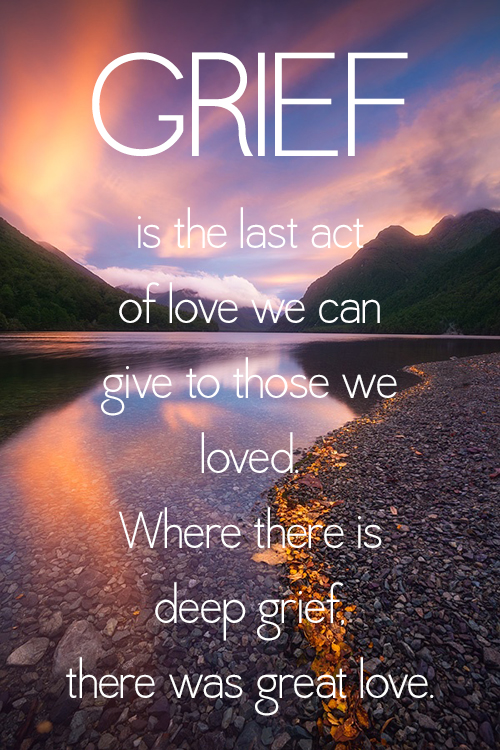
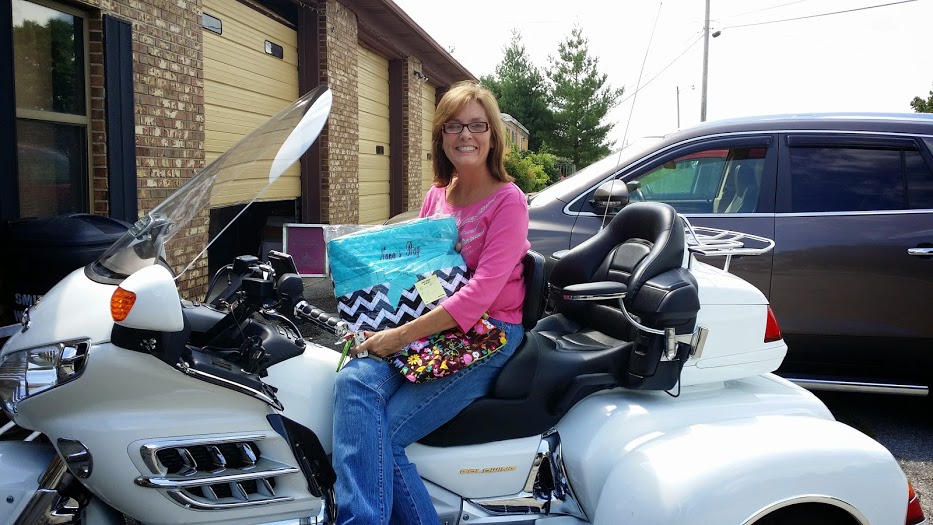
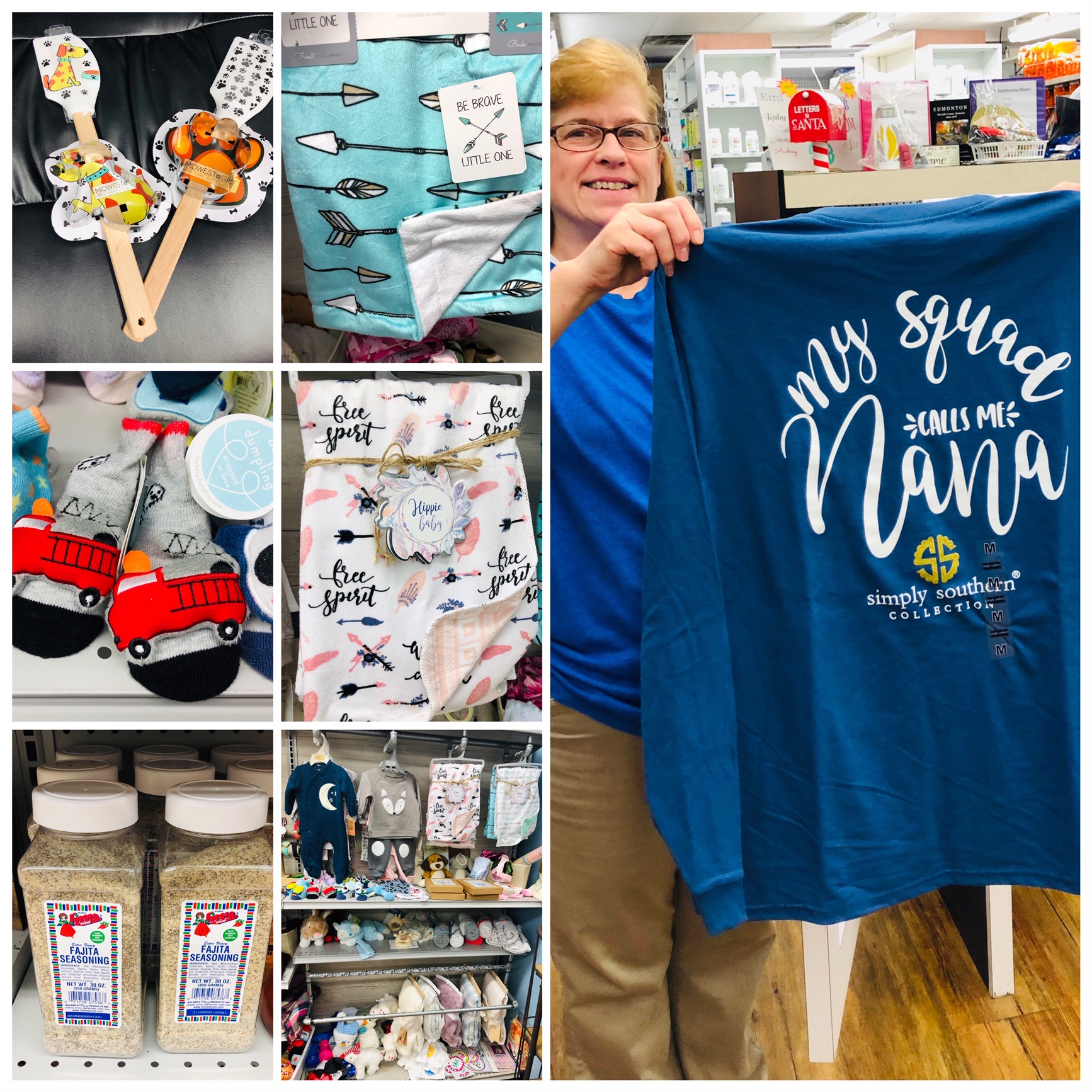
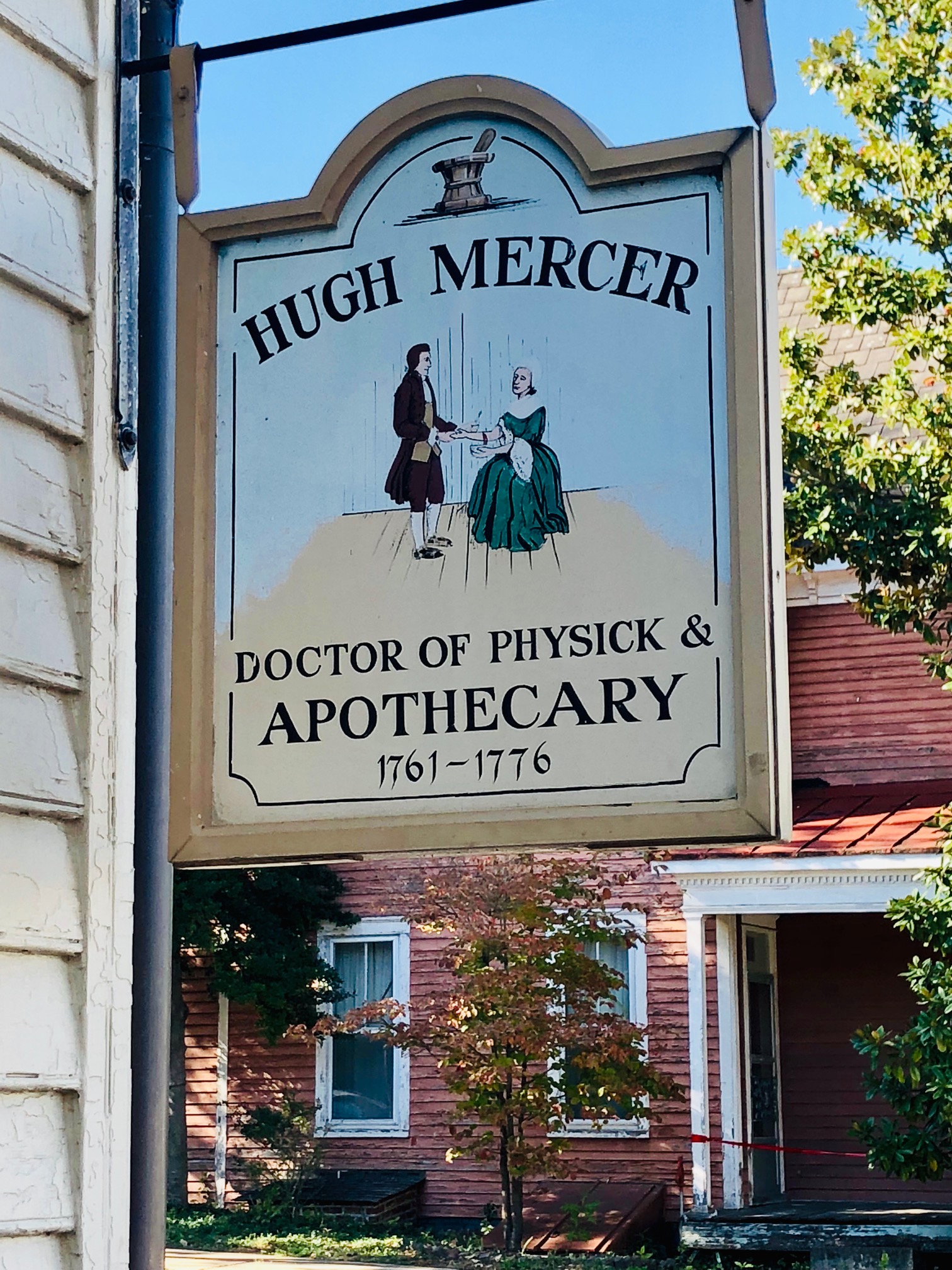
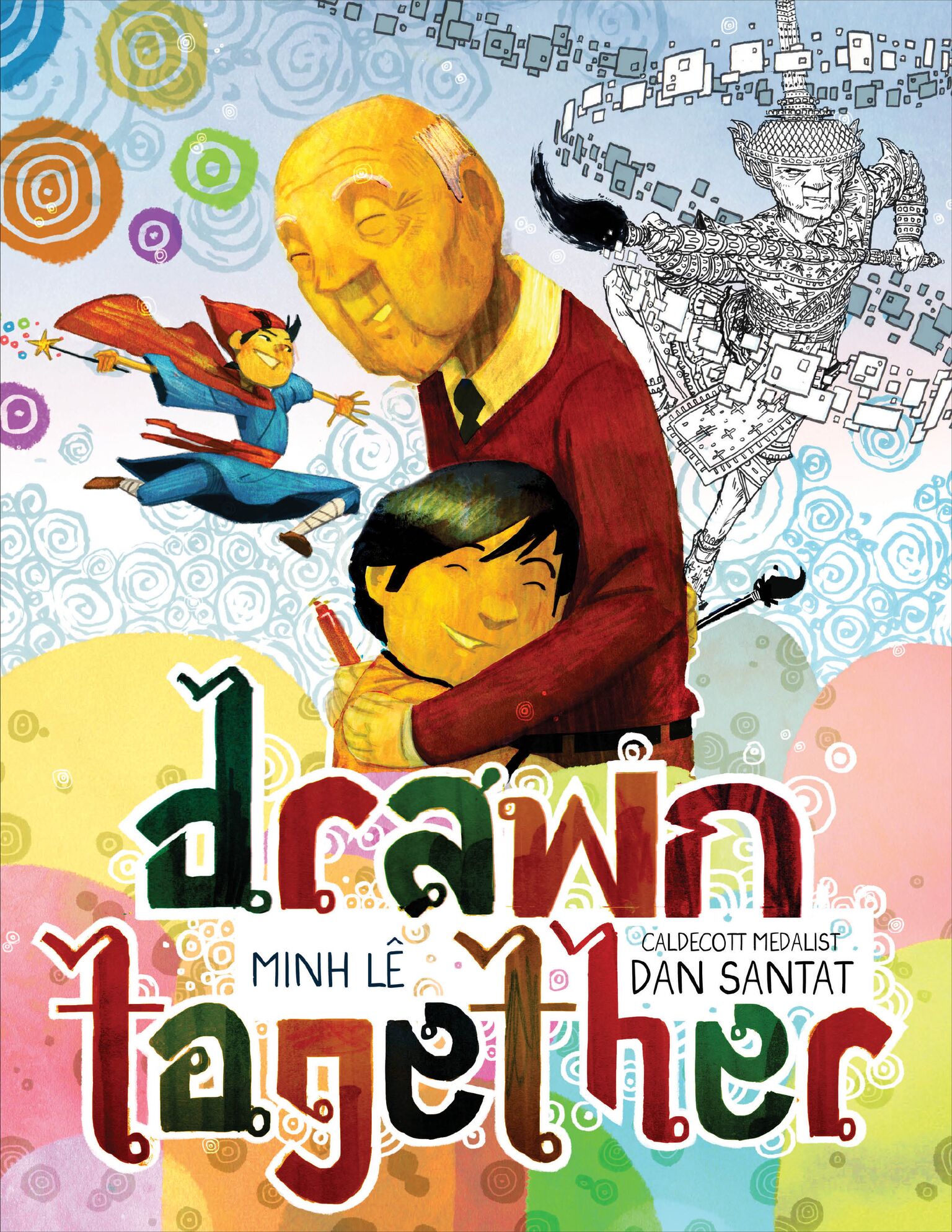
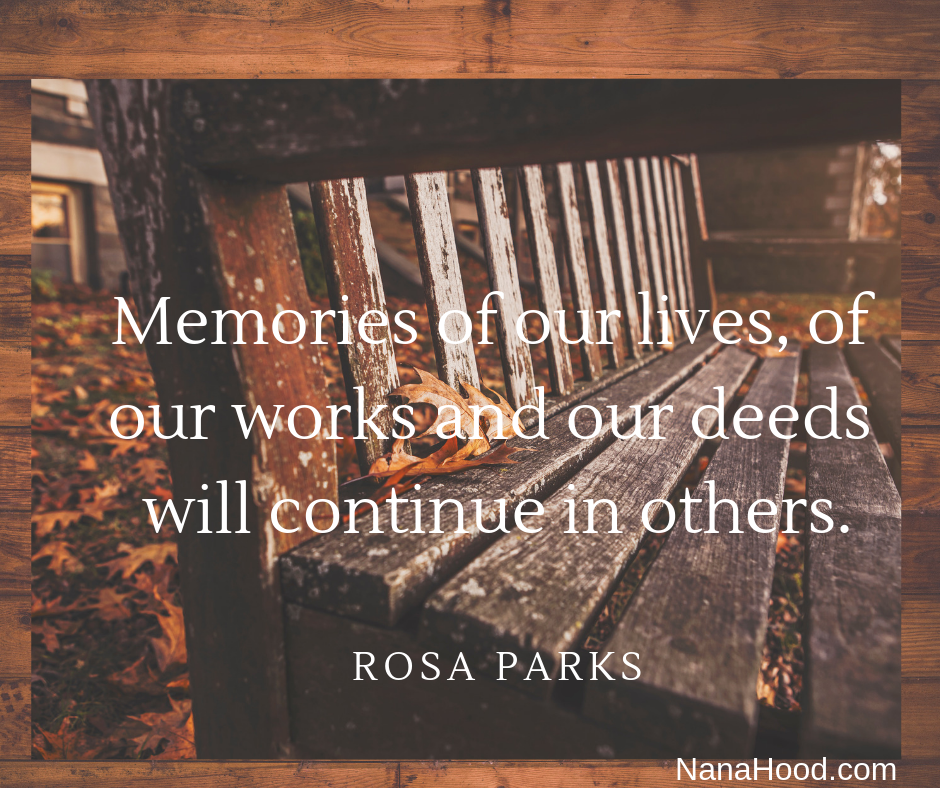
Thanks, Belinda! Do come back!
found this post to be very interesting. thanks for sharing!
I don’t think the feelings are different but I think the experience can differ due to customs and traditions. That’s what I meant, it may or may not be true. Thanks for commenting. I appreciate it and you!
Well, that sounds pretty interesting, but why should it be any different in Australia then United States except maybe the climate. I’m a NaNa of nine, and it’s very busy at Christmas time, and birthdays that come together/close. Yes, does it come in a E-Book? I’ll go check it out at Amazon. Thanks for sharing.
Great! Let me know what you think about it after you read it please! Teresa
This book Should be very interesting .I ‘m interested in reading this book very well.